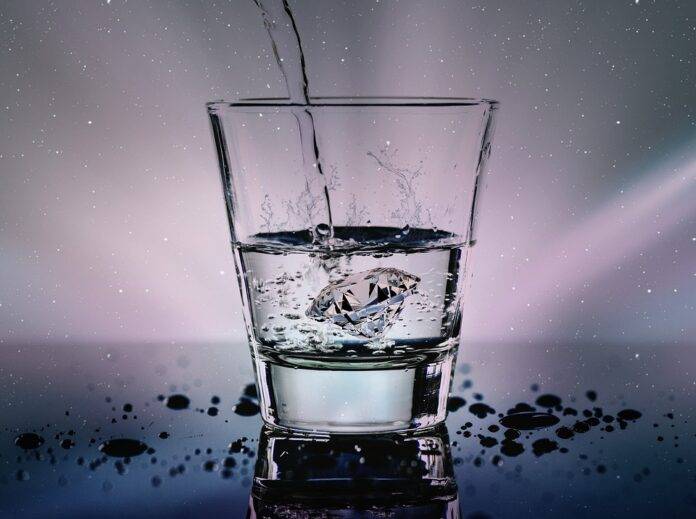Introduction
Soft drinks are a popular beverage choice for many people around the world. From carbonated sodas to fruit-flavored drinks, there is a wide variety of options available on the market. However, one often overlooked but crucial component of any soft drink is water quality. In this report, we will explore why water quality is the foundation of every successful soft drink, the impact it has on the taste and safety of the product, and how companies in the industry prioritize water quality in their manufacturing processes.
The Importance of Water Quality in Soft Drinks
Enhances Taste and Flavor
Water is the primary ingredient in most soft drinks, typically making up around 90% of the final product. As such, the quality of the water used directly impacts the taste and flavor of the drink. Poor-quality water can introduce off-flavors, odors, and impurities that detract from the overall sensory experience. On the other hand, high-quality water enhances the natural flavors of the ingredients, resulting in a more enjoyable and refreshing beverage.
Ensures Safety and Compliance
In addition to taste, water quality is also crucial for ensuring the safety and compliance of soft drinks. Contaminated water can pose serious health risks to consumers, leading to foodborne illnesses and regulatory violations. By using clean and properly treated water, soft drink manufacturers can meet stringent quality standards and provide a safe product for their customers.
Industry Insights
Financial Data
According to a report by Grand View Research, the global soft drink market was valued at $392.6 billion in 2020 and is projected to reach $605.6 billion by 2028, growing at a CAGR of 5.6%. This growth is driven by factors such as changing consumer preferences, increased disposable income, and the introduction of new flavors and variants.
Actual Companies
Major players in the soft drink industry, such as The Coca-Cola Company and PepsiCo, have recognized the importance of water quality in their manufacturing processes. Both companies have invested heavily in water treatment technologies and quality control measures to ensure that their products meet the highest standards of purity and safety. For example, Coca-Cola has implemented a global water stewardship program to promote responsible water use and conservation across its operations.
How Companies Prioritize Water Quality
Soft drink companies employ various strategies to maintain high water quality standards in their production facilities. These may include:
Water Sourcing
Companies carefully select their water sources to ensure purity and consistency. Some may use municipal water supplies, while others opt for natural springs or purified water sources. The choice of water source can impact the taste and quality of the final product.
Water Treatment
Water undergoes rigorous treatment processes to remove impurities, such as bacteria, viruses, and chemicals. This may involve filtration, disinfection, and reverse osmosis to ensure that the water meets industry standards for purity and safety.
Quality Control
Soft drink manufacturers conduct regular quality control tests on their water supply to monitor key parameters, such as pH, conductivity, and microbial content. Any deviations from the desired specifications are quickly addressed to maintain product consistency and safety.
Conclusion
In conclusion, water quality is undeniably the foundation of every successful soft drink. It plays a critical role in enhancing taste, ensuring safety, and maintaining compliance with regulatory standards. Companies in the industry recognize the importance of water quality and have implemented robust systems to prioritize it in their manufacturing processes. By investing in quality water sourcing, treatment, and control measures, soft drink manufacturers can continue to deliver high-quality products that meet consumer expectations and regulatory requirements.

